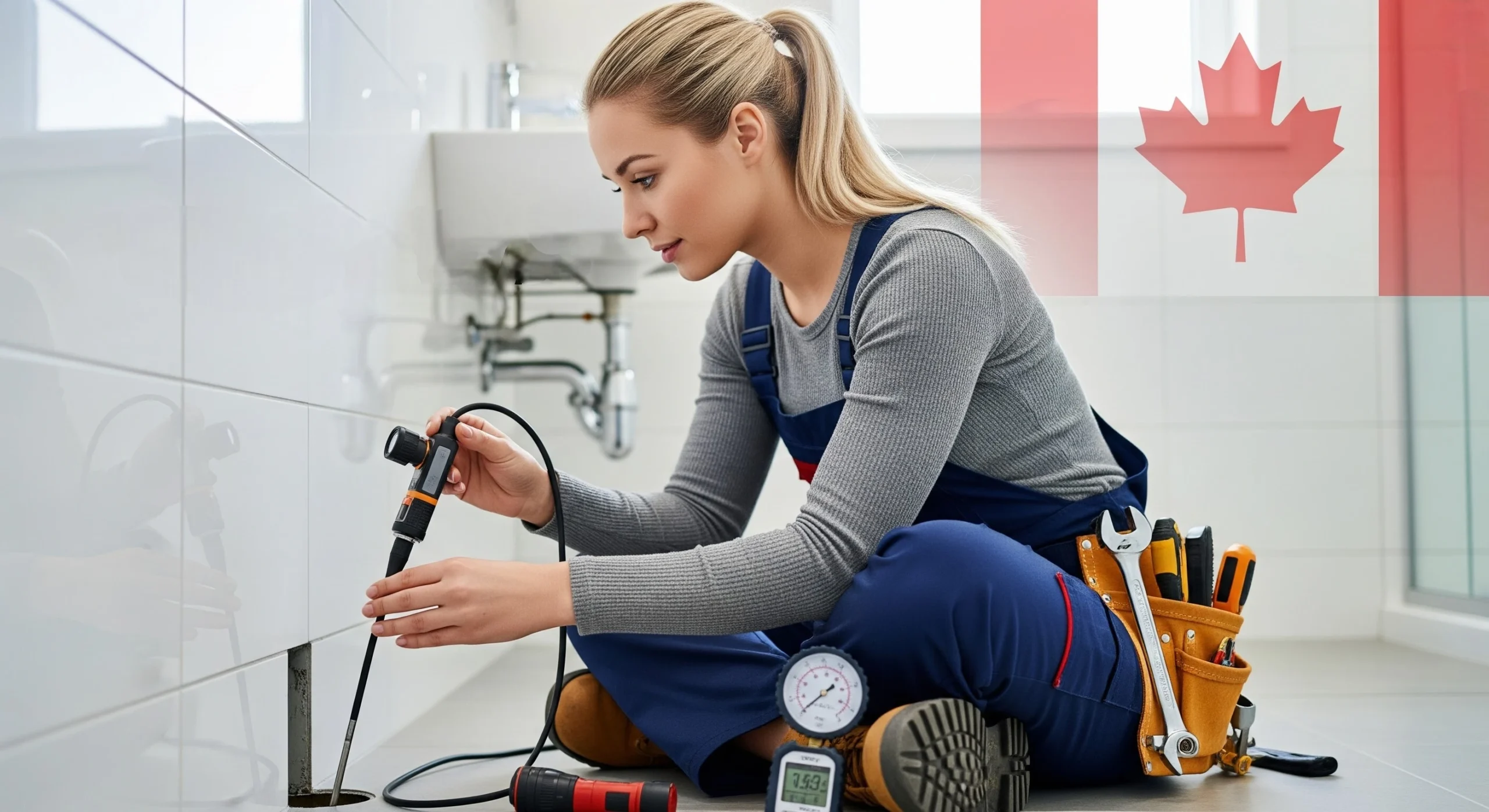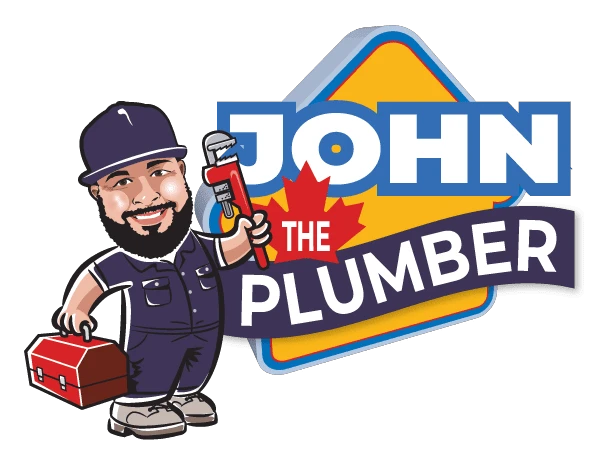
Buying a house is a big deal, it shapes your future and your finances. You’ve got to figure out the money, nail down the deal, and make sure to schedule a home inspection. One more check you’ll definitely want at the very top of your list is a dedicated plumbing inspection.
It helps you understand exactly what you’re buying and what it may cost to maintain over time.
What Lives Behind The Walls Matters
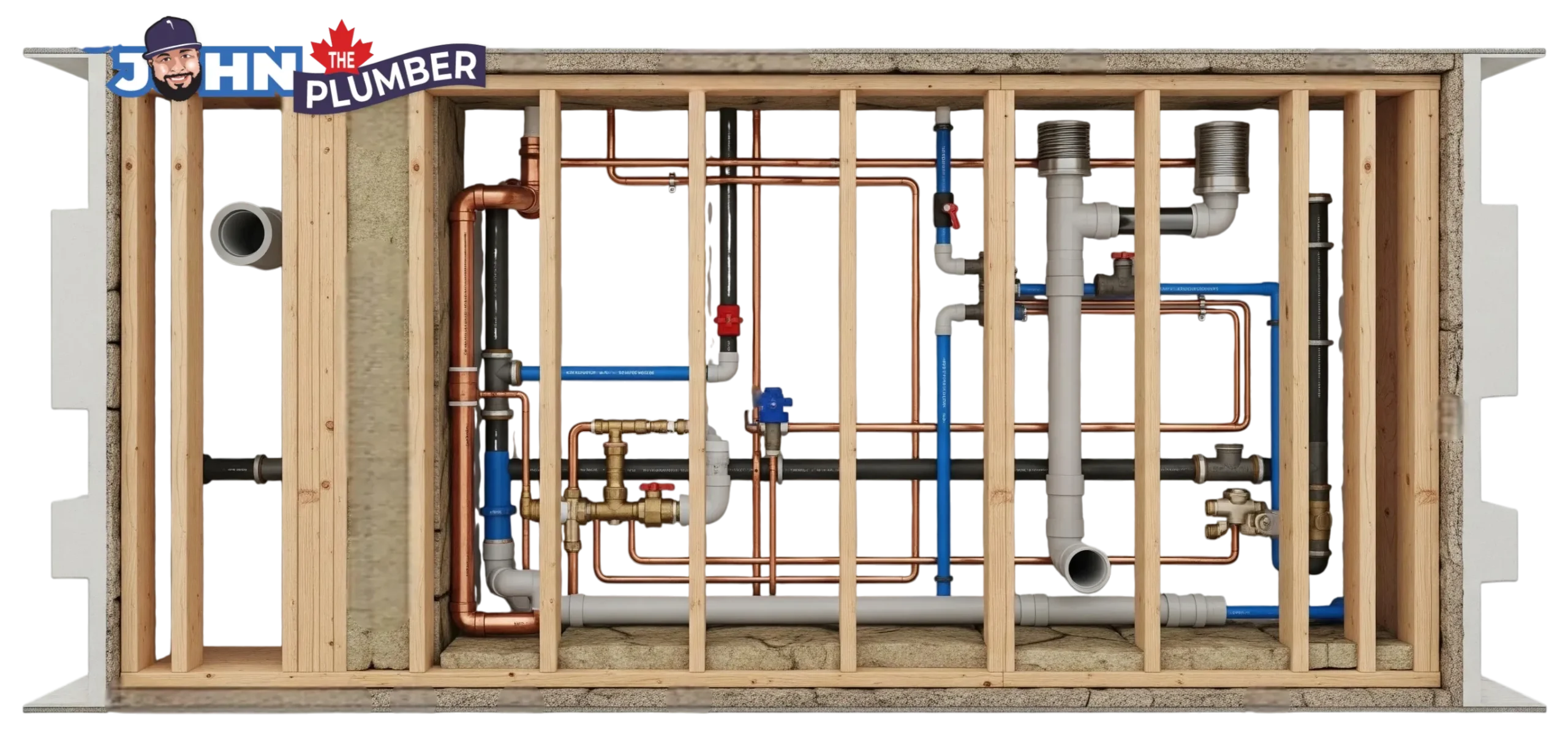
Plumbing stays out of sight, yet it affects how a house feels day to day and how it holds value over the years. Even a small leak can stain ceilings, soften floors, and invite mold. Taking a closer look before closing helps you avoid the kind of surprise that shows up the week you move in. If the report turns up issues, you can budget and plan ahead instead of scrambling later.
Quick Clues You Can Spot on a Showing

You don’t need to be a pro to notice red flags that deserve a closer look. Pay attention to:
- Low or inconsistent water pressure when two fixtures run at once.
- Slow or noisy drains.
- Rusty or brown water when the tap first turns on.
- Sewer or musty odors in bathrooms or the laundry area.
- Fresh ceiling patches or stained baseboards near kitchens and baths.
Make a note of what you spot so a licensed plumber can zero in on those areas during your inspection period.
What A Licensed Pro Checks That A Generalist May Not
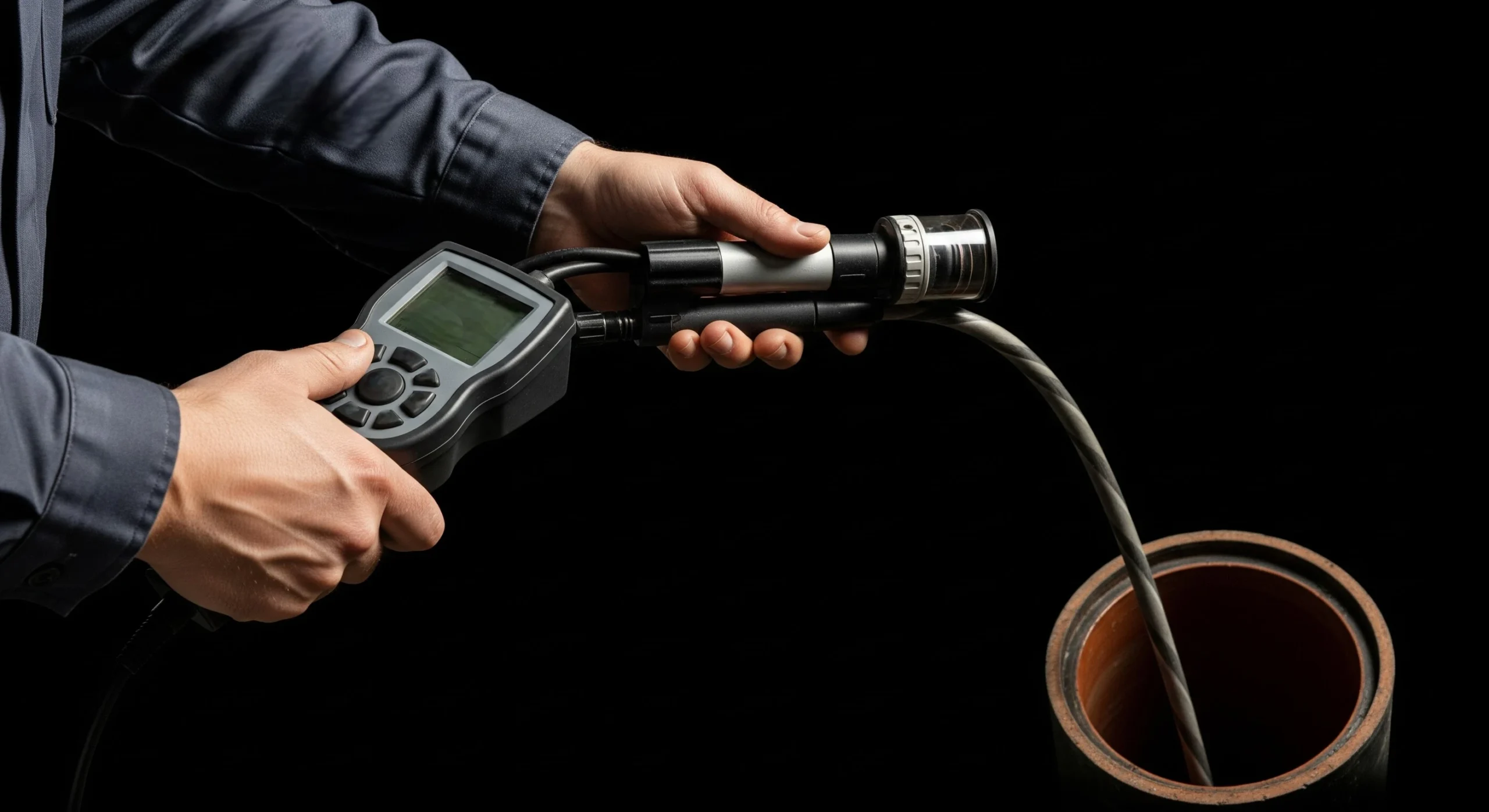
A general home inspection gives you a helpful overview, then a qualified plumber goes deeper with specialized tools for the job. Expect camera scoping of the main sewer line, pressure and leak testing on visible supply lines and fixtures, a read on water heater age and capacity, and a check that traps, shutoffs, and cleanouts are present and accessible.
In basements or low areas, the plumber makes sure the sump pump is running right and draining the way it should, a simple check that can spare you from messy, costly backups. You’ll leave the inspection with clear notes on what’s urgent, what’s recommended soon, and what can wait.
Why Timing And Paperwork Work In Your Favor
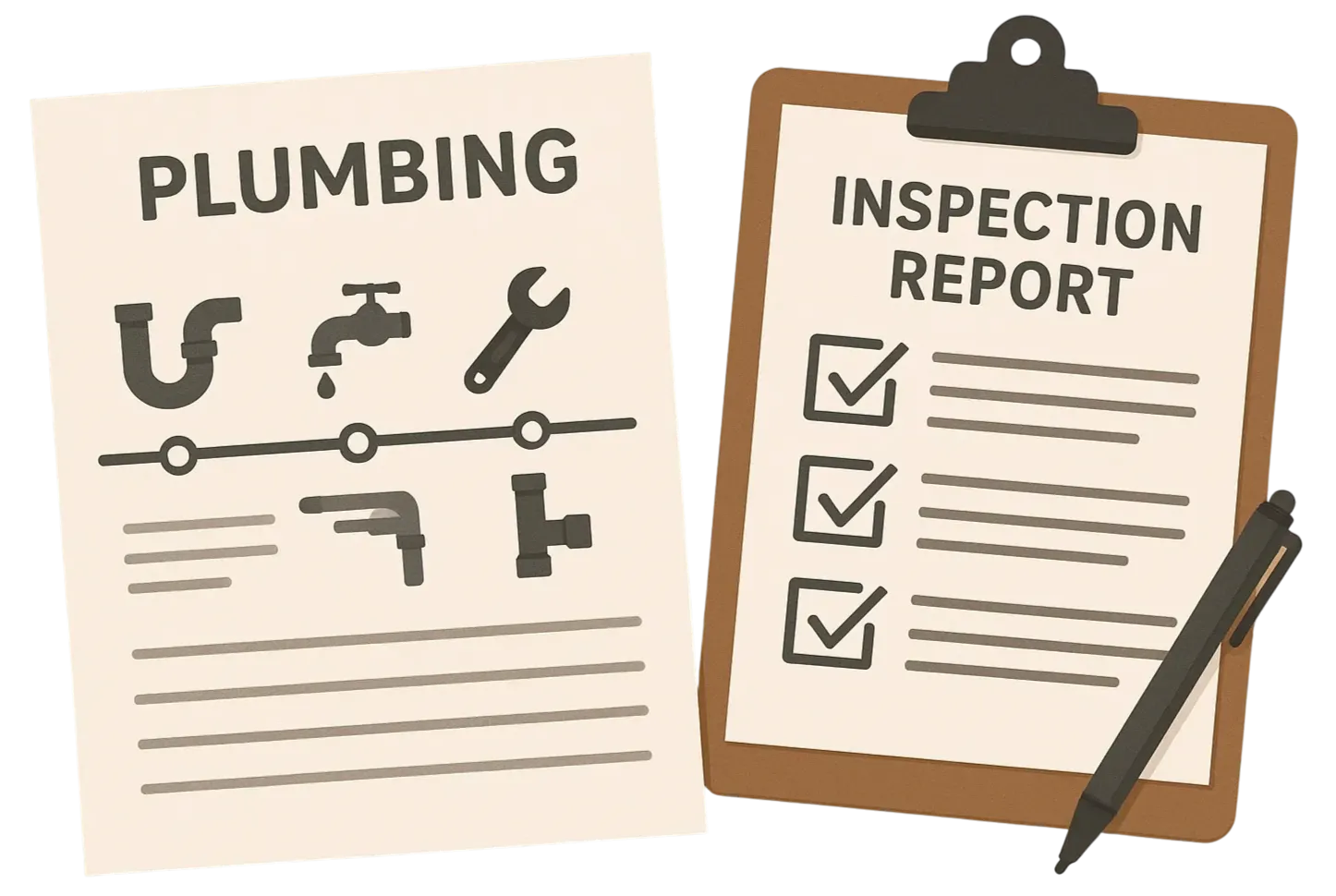
Your inspection contingency sets a firm deadline to review results and decide on repairs, credits, or next steps. The clock usually runs seven to ten days from the time your offer is accepted, so it’s smart to schedule the plumbing scope right away.
If the report is clean, you keep moving forward. If issues show up, you can request repairs with invoices from a licensed contractor, ask for a price reduction, or take a seller credit at closing. For major findings, you have the right to cancel within the contingency window.
When you close, keep the report and photos with your documents, they give you a clear record of the home’s condition.
How A Plumbing Report Strengthens Your Negotiation
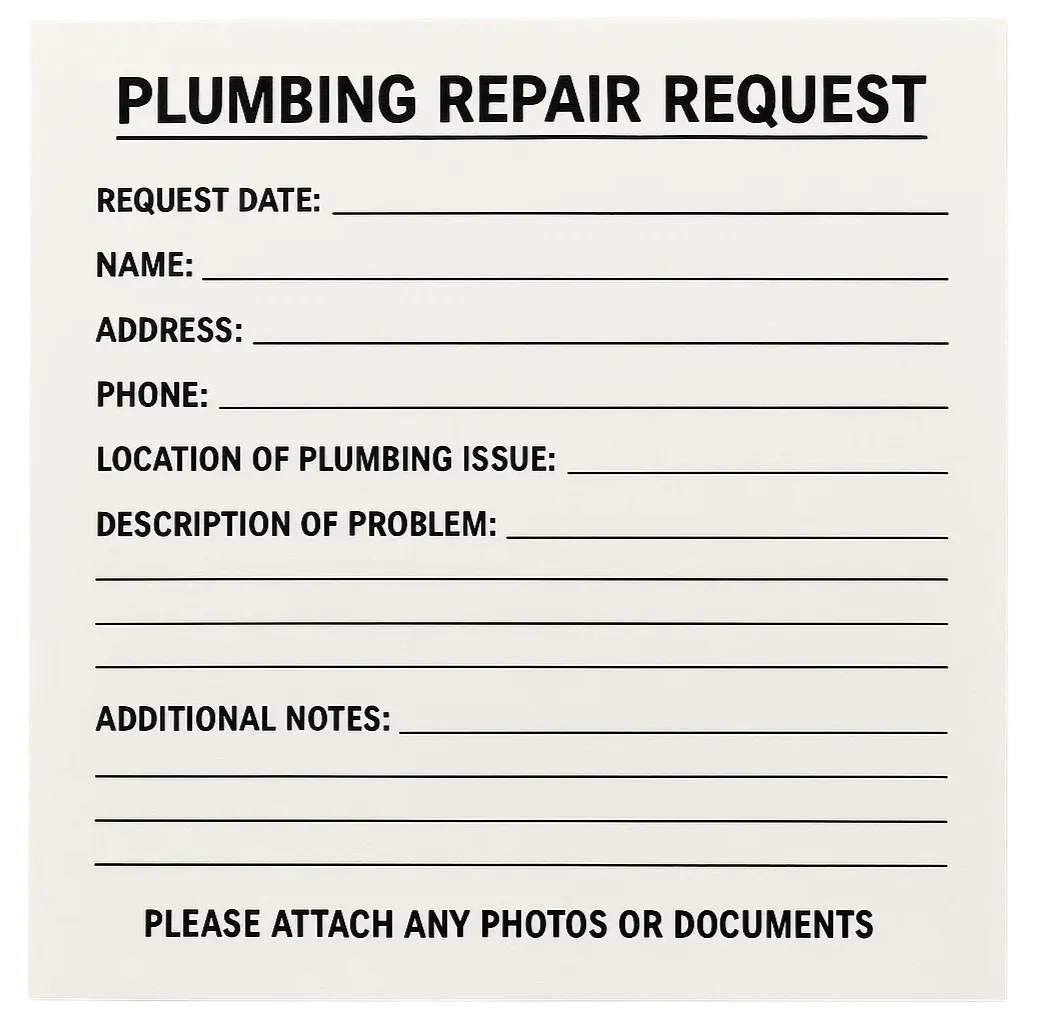
A clear written summary with photos is easy for a seller to understand and for your agent to present. You can request specific repairs, a closing credit, or a price adjustment based on the documented findings. This approach is common and helps keep the deal moving. If the seller completes the work, you can confirm it during your final walk-through and make sure everything matches what was agreed to in writing.
During the visit, ask the plumber about realistic replacement timelines for the water heater, which valves may need attention, and where the main shutoff is located. A quick lesson on that shutoff can save you stress if you ever need to stop a leak in a hurry.
If there’s a sump pump, make sure it cycles, that the discharge drains to the right spot, and that a backup plan is in place. These small questions can make a big difference once you move in.
First-Time Buyer Tip
If you are choosing between cosmetic updates and system upgrades, put the plumbing work first. Fresh paint can wait. Replacing a failing water heater or clearing a compromised sewer line belongs at the top of the list. That approach keeps monthly costs steady and helps you enjoy the home sooner.
Book the plumbing scope along with the general inspection, share your red flags with the plumber, review results right away, and submit any repair requests within your contingency period.
On closing week, confirm completion during the walk-through, then save every invoice, estimate, and report for future planning. This simple routine keeps the process smooth from offer to keys.
The Bottom Line
Plumbing rarely calls attention to itself when everything is working, yet it shapes how you live in the home every day. By working with an expert plumbing specialist, you get a dedicated inspection that gives you clarity before you commit, protects your budget, and strengthens your negotiation position. That’s real peace of mind and it starts with the parts of the house you can’t see.
